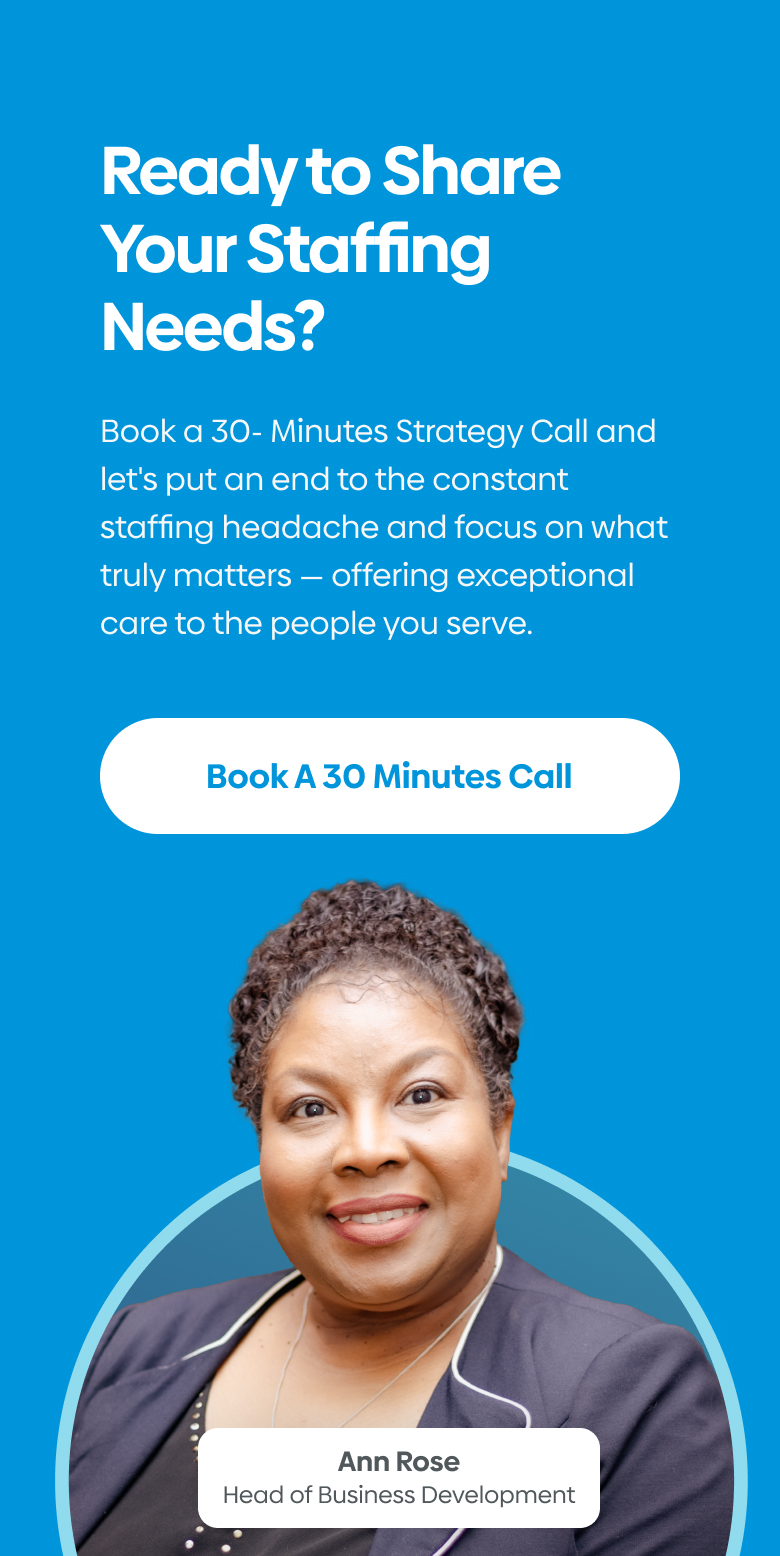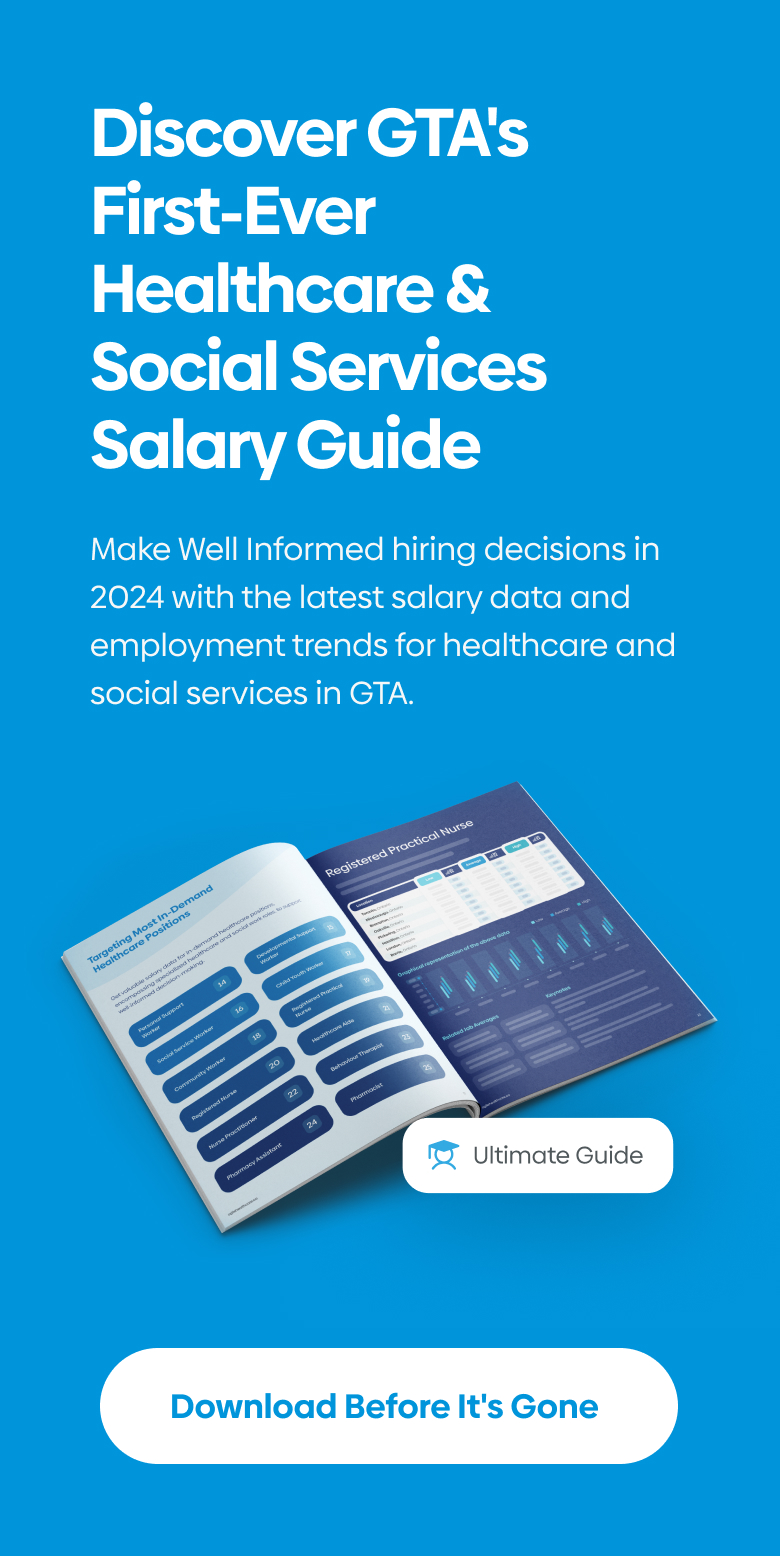
In the Greater Toronto Area (GTA), healthcare facilities are increasingly focusing on not just filling staffing positions but ensuring that each role is filled by professionals who are genuinely suited to the caregiving environment. This focus is critical as healthcare staffing faces significant challenges and transformations in 2024, driven by demographic shifts, technological advancements, and evolving patient needs.
Navigating Staffing Challenges in Healthcare
The healthcare sector in Canada has seen a notable increase in job postings, with a 47.56% rise since March 2023 and a month-over-month increase of 10.07%. This surge reflects the growing demand for healthcare professionals amid an aging population and expanding healthcare needs.
However, these demands bring significant challenges, notably a 43% likelihood that healthcare hiring managers will not meet their job filling goals in 2024.
Strategic Hiring and Retention Practices
Given the high turnover rates and the challenge of burnout in healthcare, it’s crucial for employers to develop robust strategies for employee retention. This includes fostering a supportive work environment, investing in professional development, and providing competitive compensation and benefits. Additionally, facilities must adopt creative hiring solutions, such as partnering with specialized staffing agencies that can support rapid deployment of skilled temporary workers to address immediate gaps
The Benefits of Temporary Staffing
Temporary staffing offers flexibility for healthcare facilities to adjust their workforce based on fluctuating patient loads and special project needs without the long-term commitments associated with hiring permanent staff. This agility is crucial, especially during peak times or when facing staff shortages due to unexpected events such as illness or personal leave.
The Role of Staffing Agencies in Providing Quality Staff
Staffing agencies play a critical role in the healthcare sector by ensuring that the temporary staff they provide are not only qualified but also a good fit for the specific environment of each healthcare facility. This involves thorough vetting processes, including credential checks and ensuring that candidates possess the necessary soft skills, such as empathy and communication abilities, which are vital for high-quality patient care.
Facilities looking to refine their staffing strategies should consider these trends and challenges as opportunities to enhance their operations and patient care quality. For those looking to stay informed about compensation trends and strategic staffing insights, accessing the Healthcare and Social Services Salary Guide 2024, can provide valuable data to help make informed decisions.
As the healthcare landscape continues to evolve, staying ahead in staffing is more than filling positions—it’s about building a resilient, skilled, and motivated workforce that can meet the needs of tomorrow. If you’re exploring options to enhance your staffing solutions or need to discuss specific staffing needs, Book a Meeting with Ann














